
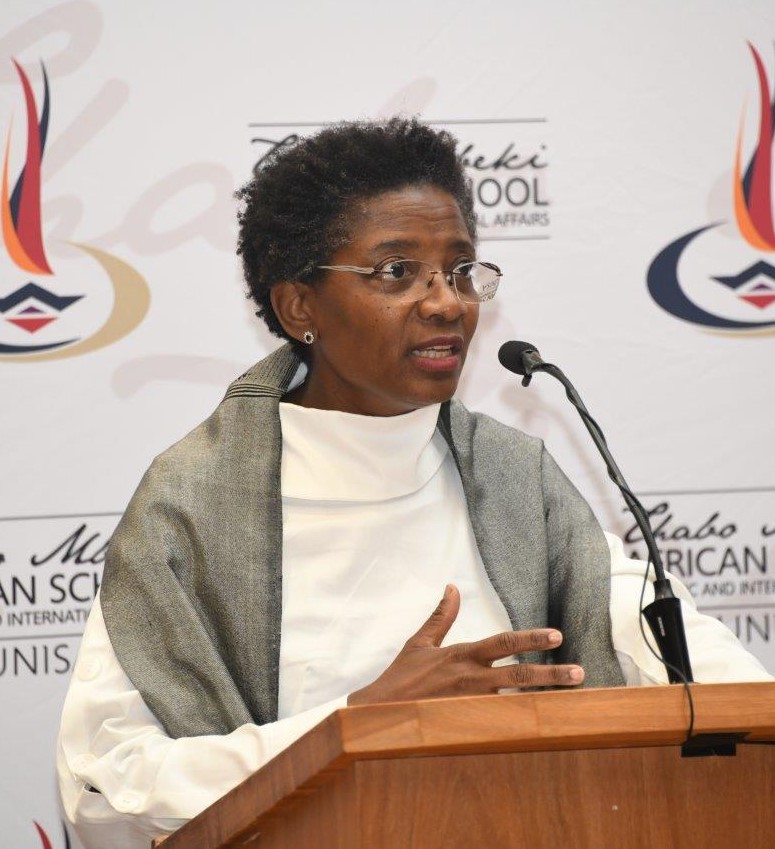
Prof Funmi Olonisakin
On 07 November 2022, the TM School hosted a public lecture at Unisa’s Muckleneuk Campus in Pretoria. The lecture, titled, “Global (dis)order and its impact on Africa” was delivered by Professor Funmi Olonisakin, Vice-President and Vice-Principal International at King’s College, London.
In the lecture, Prof Olonisakin addressed three key questions in response to the assumption that the world is experiencing global disorder. Firstly, she asked what the nature of global order or disorder was, whose order it was and what it had to do with Africa. Where, she asked, was Africa located in all of this, and how much change or continuity was there? Secondly, she asked what needed to change for Africa and, thirdly, where did the opportunity for change lie?
Her core argument was that, when it comes to the impact of global order or disorder on Africa, there was more continuity than change. She saw a preponderance of the impact arising from Africa’s own inaction, in addition to the double standards of global powers. There was, however, currently a new moment of opportunity for Africa to renegotiate its position and come up with its own proposals to rebalance its relationship with global powers – old and new. She also suggested that Africa might learn from the very approaches that have undermined it for decades – both in terms of that continent’s protectionist principles and in its organising formula.
Prof Olonisakin concluded the lecture by asking what the basis of Africa’s renegotiation of a new global order would be – liberal or otherwise. In her view, if a noticeable shift were to occur, the continent must speak with one voice; that collective voice must place economic and political ideology at the forefront of its dialogue with the rest of the world and all seen through a collective African security lens; this one ideological vision must not lean toward classical Anglophone, Francophone or Lusophone divides, nor toward eastern nor western, but it must be wholly shaped by African lead ideas of change; and an African institutional framework that combines norms with a clear agenda should be at the core of this institutionalization. For example, Africa needed a revolutionary approach to the African continental free trade area agreement and it must make use of the ADB and revamp NEPAD and the peace and security agenda in its new thinking. Intellectual engagement that placed value in knowledge institutions was critically important as it was one of the aspects of Europe's success.
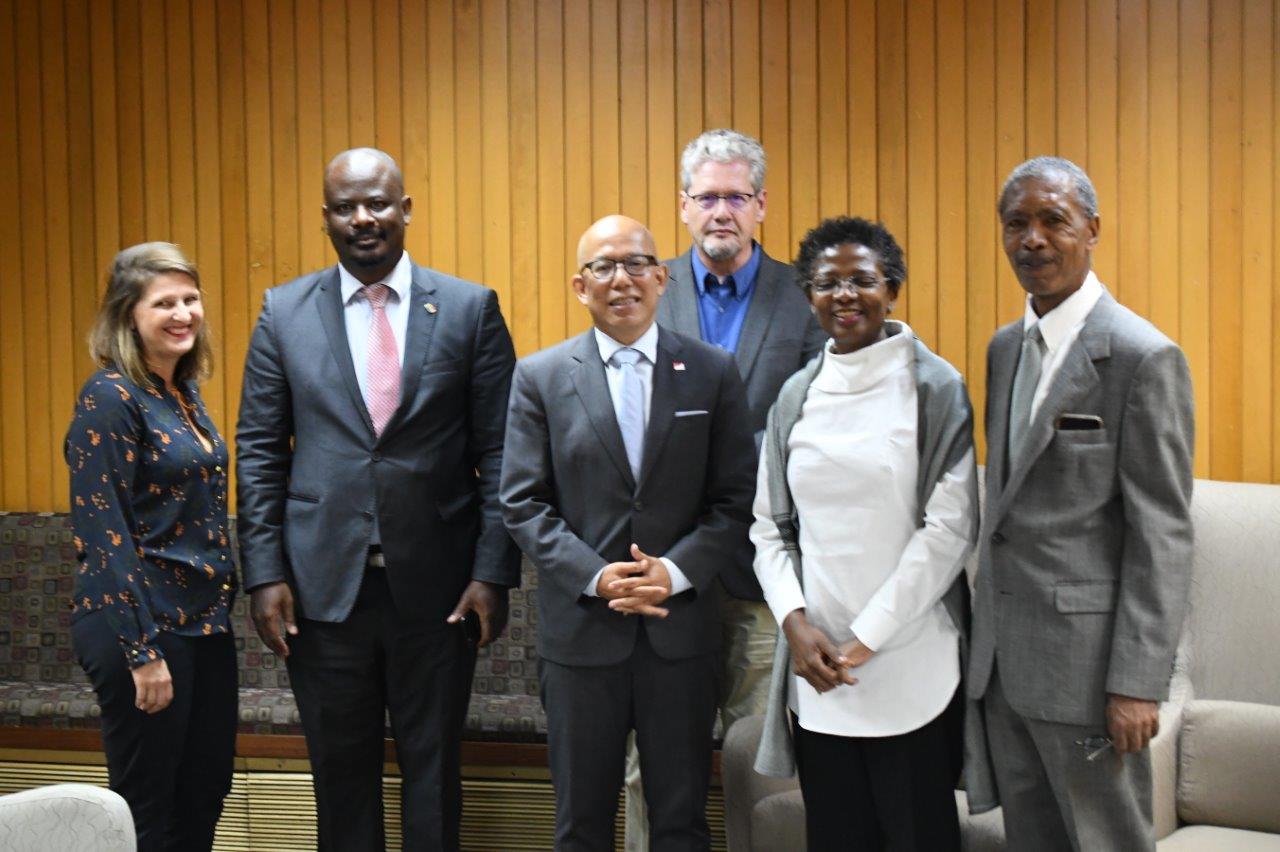
Connecting all of this by making the best use of institutions that can mobilise Africa’s knowledge institutions and its public intellectuals to facilitate the making of a new vision for Africa was a must if we were to realise, document and measure Africa’s progress without dependence on western or eastern ideas and agendas. Institutions such as the TM School should see this as one of their primary roles.
Prof ‘Funmi Olonisakin’s lecture was followed by a panel discussion, the panel comprising:
Watch the recording of the lecture below:
Publish date: 2022-11-08 00:00:00.0
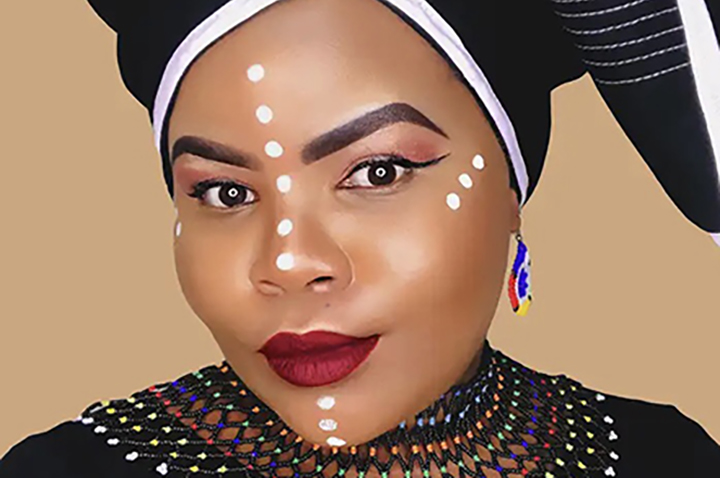 Unisa empowers award-winning agro-cosmetics entrepreneur
Unisa empowers award-winning agro-cosmetics entrepreneur
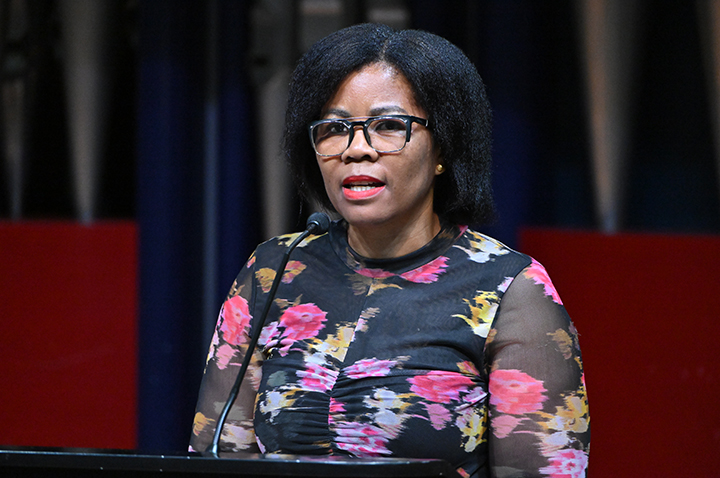 Unisa initiative offers early-career academics "a stepping stone towards greatness"
Unisa initiative offers early-career academics "a stepping stone towards greatness"
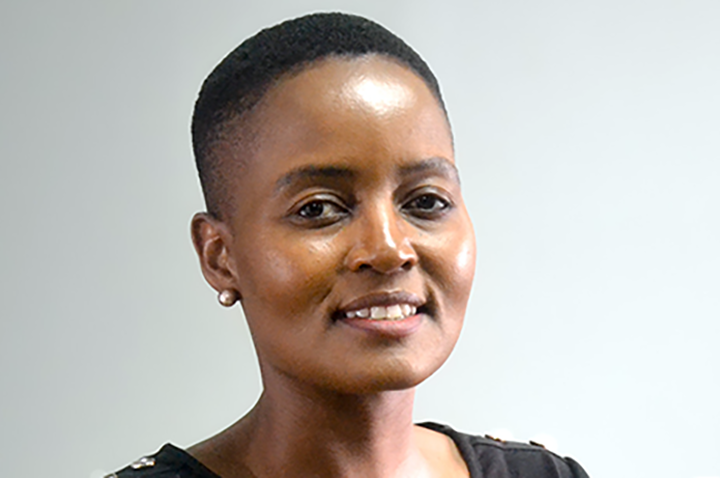 Seasoned meteorologist joins Unisa
Seasoned meteorologist joins Unisa
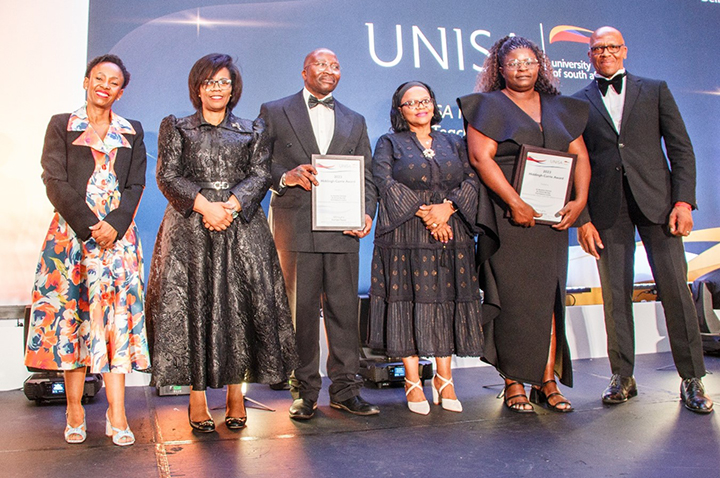 Unisa celebrates the 2023 and 2024 Hiddingh-Currie Award winners
Unisa celebrates the 2023 and 2024 Hiddingh-Currie Award winners
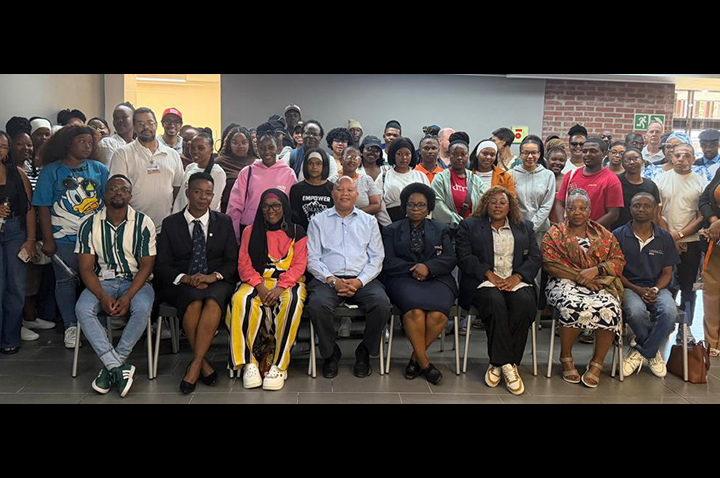 Unisa celebrates a project of hope, dignity and student success
Unisa celebrates a project of hope, dignity and student success